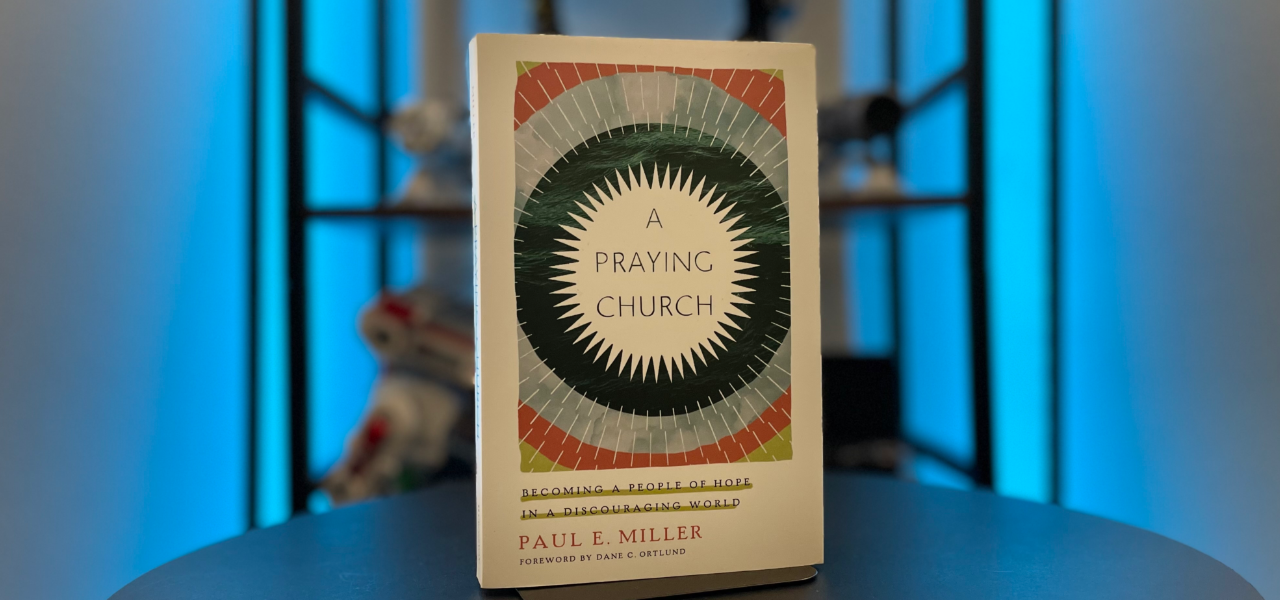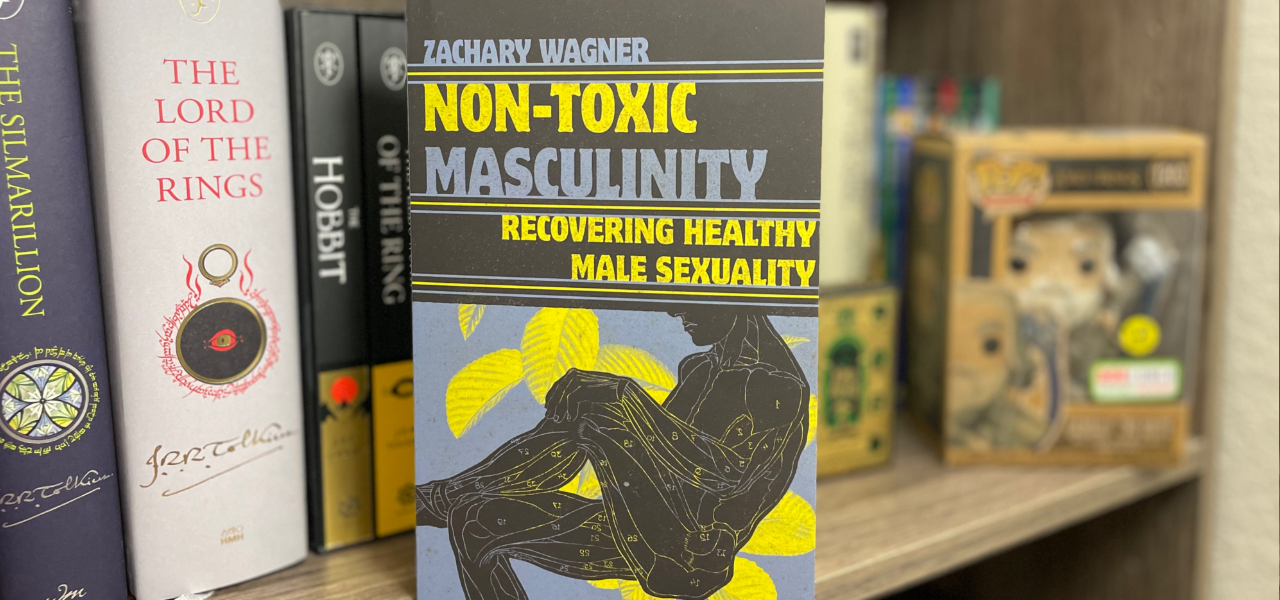Praying Through The Imprecatory Psalms

Some Psalms are easy to pray through. It doesn’t take a lot of creative genius to pray through Psalm 23. But then other Psalms make us scratch our heads. Perhaps in more honest moments we may even wonder if what the Psalmist wrote was allowed to be said at all. Psalms that say “Pour out your rage on them, and let your burning anger overtake them” hardly sound Christian. But there it is in inspired Scripture. (Psalm 69:24) These types of Psalms are called “imprecatory psalms.” How do we pray through these passages?
A Bit Of Background
It’s helpful to rightfully understand these Psalms beforehand, so let me give a bit of context. (Full disclosure, I’m not going to solve the tension we feel with many of these Psalms in this or any post.) First of all, it’s helpful to note that the enemies that are often presented in imprecatory Psalms are not people who cut us off in traffic, or we disagree with politically. (As much as we might be tempted to consider them as such.) They are people who are willing to use every bit of vile wickedness at their disposal to suppress and eliminate those who live godly. These psalms are not driven by revenge, but justice. Revenge was forbidden in the Old Testament. (Lev. 18:17-19) These Psalms are driven by a desire to see God’s name be glorified and his righteousness to be displayed. It’s also helpful to remember that the book of Psalms is very poetic, so these curses that we read often use extravagant language to get their point and feelings across, leaving the exact fulfillment of it to God.
So What Do We Do With Them Now?
So what do we do with these Psalms now? Ignore them? Pretend they don’t exist? No. Understanding them in their historical context can help us better understand Scripture. Understanding them can also give us a passion for the mission of God because apart from the saving work of Christ, every person is heading towards judgment. It is important for us to realize that people are not our enemy. They are our mission. Like the writers of the imprecatory Psalms, we are in a battle. We do need God to rise up and fight. But unlike the writer of the imprecatory Psalms, our fight is not with flesh and blood. (Ephesians 6:12) It’s against cosmic powers of darkness and evil spiritual forces. So to answer our question, we pray them.
Praying Through Imprecatory Psalms
How many times have you prayed something similar to “God help me not to sin.”? Obviously the heart behind that prayer is good and right. Sounds pretty close to Matthew 6:13. (But remember that was a model prayer, not an exact prayer to repeat.) But because it’s so vague we don’t know if or how God answers it. And if we were to be honest, that doesn’t stir up our heart for prayer, especially for something as important as victory over sin. But what if instead of praying a vague, “Lord help me not to sin today” you prayed “Lord, would you rise up against the apathy that I am battling within my heart?” (Psalm 10:12). The phrase “Rise up” is a martial call to action, to war! Check out Psalm 69:25. It says “Make their fortification desolate; may no one live in their tents.” You could pray, “Lord, I pray that you would tear down whatever strongholds lust has in mind. Make its fortifications in my heart desolate.” Or “I pray that my surmising toward {enter specific name here} would not live in the tent of my mind.” Using the language of these Psalms in our prayers towards spiritual and emotional enemies breathes new life into our fight for holiness.
Using the language of these Psalms also helps us pray for sin we see on a global scale. Let’s revisit Psalm 10:12. The entire verse says “Rise up, LORD God! Lift up your hand. Do not forget the oppressed.” The following verses can be tremendously helpful as we pray for issues like terrorism, human trafficking, racism, or the persecuted church around the world. We can pray “God, break the arm of these wicked institutions until this sin can no longer be found.” (Psalm 10:15) Rise up and go to war against them. (Psalm 10:12) Do justice for those who are stripped away from their families and those who are oppressed. Bring the people who are involved in these evil organizations to a place of repentance before it is too late. (Psalm 2) (As a side note, it’s also helpful to find organizations that lead in these and partner with them in any way you can. We are often the own answer to our prayers. Most will have prayer lists that you can download on their websites. Take advantage of these and use these verses to lift up their requests.) This morning (2/10/21) I prayed through Psalm 10 and I am so thankful because this Psalm brought to my mind much of the global need that I might otherwise not have thought of or prayed for.
While they might not be the Psalms we put on coffee mugs, praying through the imprecatory Psalms can actually breathe a lot of life into your prayers. It will give you fresh words to pray for your own fight for holiness. Praying them will also bring to your attention the global needs that we as believers much pray for.




